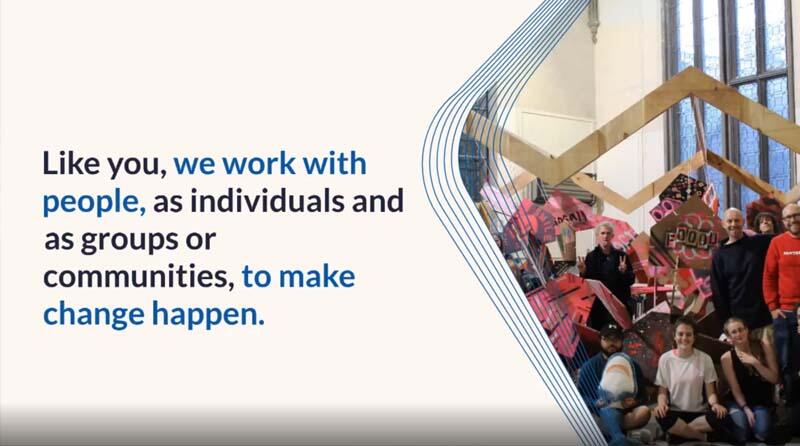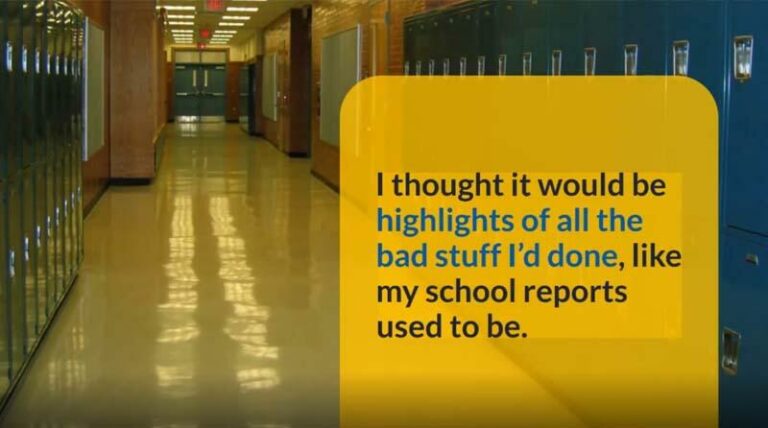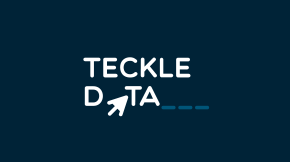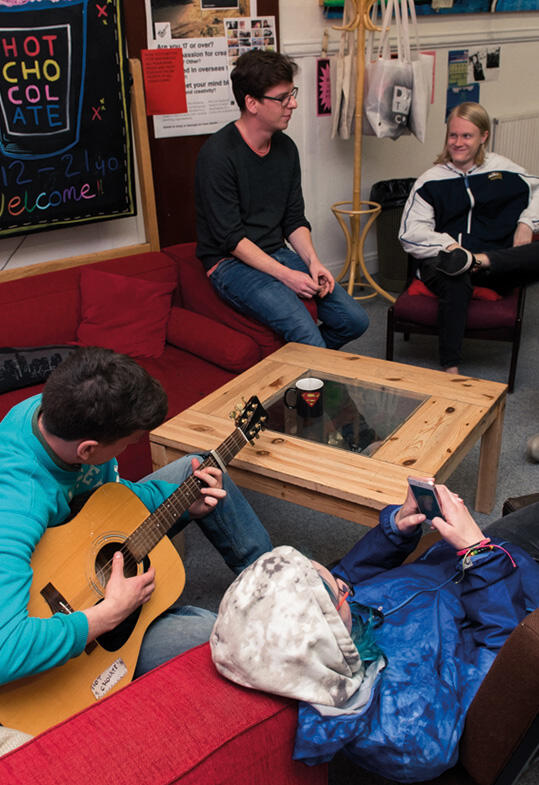TECKLE DATA
An Online Evaluation Database Tool
Your monitoring and evaluation should work for you
Is evaluation work annoying your beneficiaries?
…frustrating your staff?
…occupying too much of your time?
…feeling like an act for your funders?
Teckle Data makes your monitoring and evaluation better, makes it easier, makes it yours.
Built by a grass roots charity
for grass roots charities.
“We have to play the game”
“You need to jump through the hoops”
But what if we could reclaim monitoring and evaluation?
What if we could build it around our values? What if it could make our beneficiaries and our staff’s lives better and still give our funders and commissioners what they need?
These questions led the youth workers of Hot Chocolate Trust into years developing approaches and tools to reclaim monitoring and evaluation and make it work better.
“Teckle” is a Dundee word for “good”. We believe that young people and youth workers know best what is good or bad, and what is important.
Teckle Data takes what is important and makes it measurable (instead of taking what’s measurable and making it seem important).
“Deeper Dive into Teckle Data” Films

One young person’s Journey
Follow one young person’s real youth work journey – see how outcomes are made in real life.

What’s important?
Who gets to decide what matters when it comes to evaluation?

A young person’s perspective
How do young people feel about their Teckle Data “journeys”?

Introduction to Teckle Data
Coming soon – a quick look at what Teckle Data looks like and why.

Have you ever found yourself asking questions like these?
- How do we move measurement closer to authenticity?
- Why are we focussing this discussion on measuring young people?
- Who cares about what?
- How do we remain honest in reporting when the purpose is often funding related?
- How do we measure impact without negatively affecting young people?
- Can we measure honestly and report politically?
- Do funders care about outcomes for young people?
- How do we keep our integrity/values while dancing (doing the quickstep) around Evaluation/Impact/Accountability?
If so, you’re not alone…
Real-life questions generated by youth work managers in a deliberative workshop in the ‘Rethinking Impact’ research project at Kings College, London.
– Tania de St Croix, Lecturer in sociology of youth and childhood, Kings College, London.

What is impact?
How do we talk about impact?
How do you describe the changes you’re bringing about with the people you work with?
Wise people suggest we might want to understand and evidence three things:
Teckle Data builds a picture of your beneficiaries’ individual journeys: everything is centred on what they share in the normal course of your work with them. It captures what’s going on, and what that means to them and your staff, not just some preset questions.
That means we see and value the struggles as well as the successes which is crucial for learning and better support. It means we’re doing our evaluation in the same complex world that our beneficiaries are living in, rather than asking them to embrace abstract ideas we agreed with a funder.
Have a look at Cathy Sharp for some good stuff on complexity-informed evaluation…
Teckle Data knows that different people have different ideas about what is significant. It is built for relational, collaborative, person-centred approaches: what matters is best discovered in the everyday engagements between your team and the people they work with.
It zeroes in on what is significant for this person, today, facing these circumstances with this backstory and helps you to make that reportable in the big picture.
Teckle Data accumulates rich, narrative evidence as you go along: the participatory knowledge which spills out of your daily work. It turns this knowledge into statistical knowledge that shows not only how often beneficiaries are engaging but how often they are demonstrating progress against your outcomes.
It can show how those outcomes are being met across areas of work and across your community of beneficiaries.
Values
Your values are profoundly important to your work. So how do those values shape your monitoring and evaluation?
Teckle Data assumes that monitoring and evaluation shouldn’t be an “add-on” we do for other people, according to their values, but something that we embed within our own practice.
There are important questions to be asked about ethics in monitoring and evaluation: how do we avoid doing harm? How do we avoid any sense of deception? How do we protect confidentiality and anonymity? How can we ensure informed consent?
Teckle Data is built on youth work practices where the only reason young people engage is because they want to. So our approaches to M&E are designed to help rather than hinder engagement: no baseline interviews needed if they don’t fit the relationship; no pushing people into reflection when they’re not ready to reflect. Our practice is to build psychological safety with young people and sometimes that will take time and it won’t follow a predictable path – our M&E shouldn’t crash that process.
Good youth work also pays close attention to power dynamics and partnership between the young person and youth work. Teckle Data, therefore, is built on an understanding that meaning-making and story-telling (because every record is a kind of story) should be something that we do with our beneficiaries not about them.
Data entry is inevitably a bit of a chore. Teckle Data fits it with reflective practice, for individuals or teams, so that it’s always paying off for the front-line workers who will spend the most time on it.
The application enables beneficiaries meaningful access to their own “journeys”, both to see and to contribute (if you want it to).
It also takes serious account of their confidentiality and protects their GDPR rights both to informed consent and to withdraw that consent.
Want to learn more?
We love talking about evaluation, from debriefs to databases, bad experiences to innovative solutions. In fact, we’ve taught ourselves not to over-share: no one wants to be stuck in that conversation throughout a whole conference lunch break. Here are a couple of ways you can find out more though…